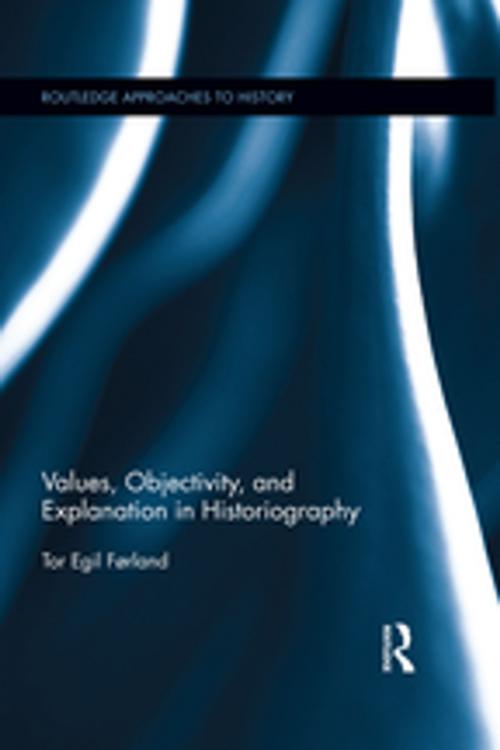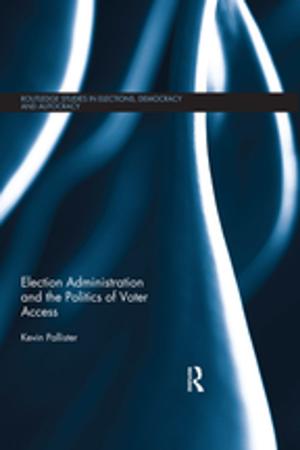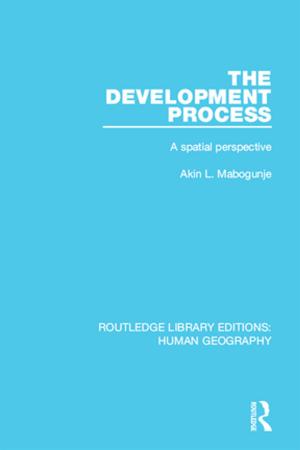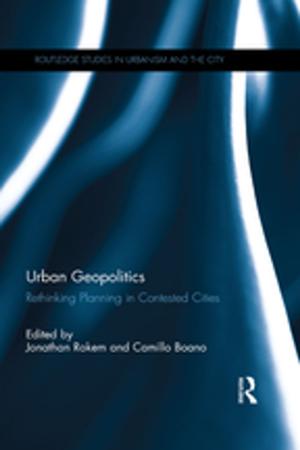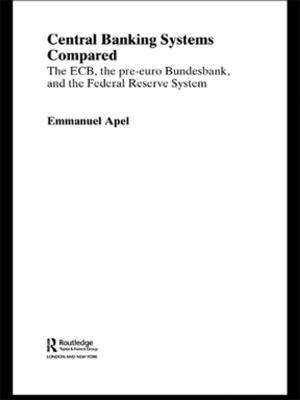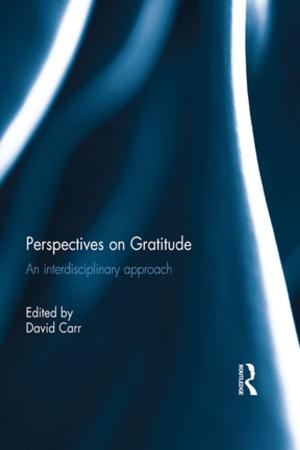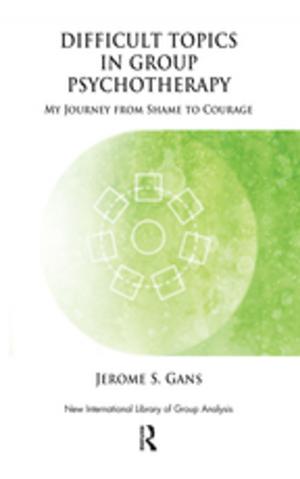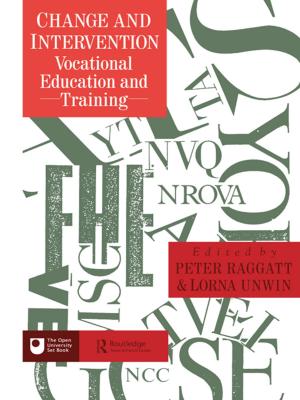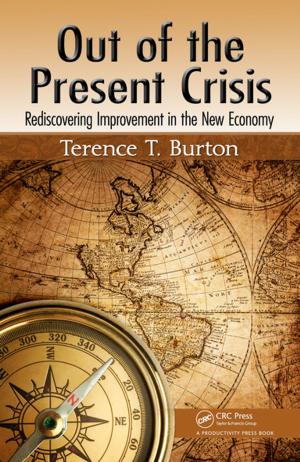Values, Objectivity, and Explanation in Historiography
Nonfiction, History, Reference, Study & Teaching, Historiography| Author: | Tor Egil Førland | ISBN: | 9781315470955 |
| Publisher: | Taylor and Francis | Publication: | January 20, 2017 |
| Imprint: | Routledge | Language: | English |
| Author: | Tor Egil Førland |
| ISBN: | 9781315470955 |
| Publisher: | Taylor and Francis |
| Publication: | January 20, 2017 |
| Imprint: | Routledge |
| Language: | English |
Bringing sophisticated philosophy to bear on real-life historiography, Values, Objectivity, and Explanation in Historiography rekindles and invigorates the debate on two perennials in the theory and methodology of history. One is the tension between historians' values and the ideal—or illusion—of objective historiography. The other is historical explanation.
The point of departure for the treatment of values and objectivity is an exceptionally heated debate on Cold War historiography in Denmark, involving not only historians but also the political parties, the national newspapers, and the courts. The in-depth analysis that follows concludes that historians can produce accounts that deserve the label "objective," even though their descriptions are tinged by ineluctable epistemic instability. A separate chapter dissects the postmodern notion of situated truths.
The second part of the book proffers a new take on historical explanation. It is based on the notion of the ideal explanatory text, which allows for not only causal—including intentional—but also nomological, structural, and functional explanations. The approach, which can accommodate narrative explanations driven by causal plots, is ecumenical but not all-encompassing. Emergent social properties and supernatural entities are excluded from the ideal explanatory text, making scientific historiography methodologically individualistic—albeit with room for explanations at higher levels when pragmatically justified—and atheist.
Bringing sophisticated philosophy to bear on real-life historiography, Values, Objectivity, and Explanation in Historiography rekindles and invigorates the debate on two perennials in the theory and methodology of history. One is the tension between historians' values and the ideal—or illusion—of objective historiography. The other is historical explanation.
The point of departure for the treatment of values and objectivity is an exceptionally heated debate on Cold War historiography in Denmark, involving not only historians but also the political parties, the national newspapers, and the courts. The in-depth analysis that follows concludes that historians can produce accounts that deserve the label "objective," even though their descriptions are tinged by ineluctable epistemic instability. A separate chapter dissects the postmodern notion of situated truths.
The second part of the book proffers a new take on historical explanation. It is based on the notion of the ideal explanatory text, which allows for not only causal—including intentional—but also nomological, structural, and functional explanations. The approach, which can accommodate narrative explanations driven by causal plots, is ecumenical but not all-encompassing. Emergent social properties and supernatural entities are excluded from the ideal explanatory text, making scientific historiography methodologically individualistic—albeit with room for explanations at higher levels when pragmatically justified—and atheist.
